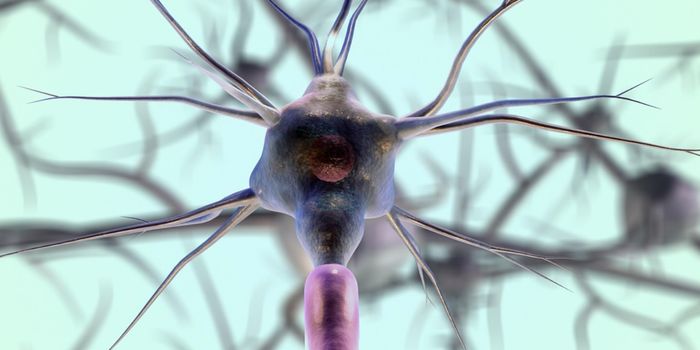The Nose Really Knows!
Yet again, new research on the brain has shown that what we think we know about neuroscience, isn’t always correct. In recent research into the sense of smell in humans, scientists at Rutgers University have said that the commonly accepted belief that humans can only distinguish about 10,000 different smells due to the small size of the olfactory bulb in the brain, is actually not true. While dogs are rats are often used as examples of animals that have a highly developed sense of smell, humans are equally capable of sniffing out odors, perhaps even up to a trillion different scents.
So why has everyone believed that humans are inferior in terms of the sense of smell? It goes back to Paul Broca, a researcher and neuroscientist in 19th century France. He is known for his studies on brain anatomy across mammalian species and his research into language processing in the brain. The focus of his research was the frontal lobe of the brain, what he called the “Limbic lobe” and how it evolved into the limbic system. His work looking at the brains of several species, including humans, led him to conclude that humans were not good smellers, because the olfactory bulb in the human brain was smaller, in proportion to brain size, than it was in other species. He called this deficit “microsmaty” and it became accepted science. Citing evolution and free will, Broca said that humans, unlike animals, did not need a super sense of smell to mate and find food, so when the human brain was evolving to accommodate a larger frontal lobe, the olfactory bulb got smaller and our sense of smell diminished. Sigmund Freud even bought into it, saying that in animals, smells could trigger sexual behavior, but since humans had evolved past that, taking pleasure in smells was a sign of mental illness. The only problem with all this 19th century science is that it’s not science at all.
John McGann, an associate professor at Rutgers has published work that says a poor sense of smell in humans is nothing but a myth. McGann, in his paper, analyzed existing research, data and historical records to challenge the theory that a smaller olfactory bulb automatically meant an inferior sense of smell. He explained, “For so long people failed to stop and question this claim, even people who study the sense of smell for a living. The fact is the sense of smell is just as good in humans as in other mammals, like rodents and dogs.” Based on his own research on how memories and learned tasks are associated with the sense of smell, he believes that humans can detect at least 1 million different odors and scents, and possibly a trillion. In humans, the “behavioral and affective states” are influenced by smells. Odors enter the brain through the olfactory bulb and pass over neurons that detect and recognize specific molecules in substances, and that information is then transmitted to the proper area of the brain that recognizes it, or in the case of a new smell, stores it in memory. It’s a fact that humans will react emotionally to certain smells, such as a favorite food being cooked, or in the case of military service members with PTSD, the smell of explosions or weaponry. According to McGann, there is simply no scientific evidence that the smaller amount of neurons and the proportional size of the olfactory bulb in relation to the brain, means that the sense of smell is less than that in other primates. In the video below, he explains below more about his research, and how the sense of smell works in humans.









